Article by Dr Fred Starr PhD, FIMMM, FIE, MIMechE, CEng
Professor Röntgen’s discovery of X-rays, and the formation of the British National Health Service changed my life. Although it took another fortuitous discovery, almost forty years later, for me to understand why, and what had happened to me as a very young infant.
Who discovered X-Rays?
But first, let’s get back to the history of X-Rays and the peculiar title of this piece. There cannot be one German citizen who hasn’t had a Röntgendiagnostik and knows what it is about. Over here, it’s same with X-Rays, although not one in ten thousand would connect the name Wilhelm Conrad Röntgen (or Roentgen as we tend to spell it in Britain) with the discovery. A discovery which not only revolutionised medical practice, but told us that there are just 92 naturally occurring elements, and transformed my own subject, the high temperature corrosion of metals.
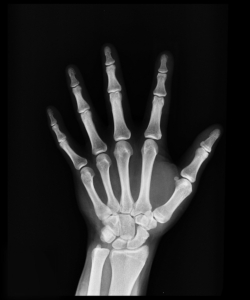
There is something of a shaggy dog story to what I found about the discovery, and why one might suggest that another German scientist, Philipp Eduard Anton von Lenard, should get more credit than usually acknowledged. Rontgen is commonly thought to have discovered X-rays by accident. This is just not true. But he was lucky. He just happened to be using a sheet of paper that had been saturated with barium platinocyanide, that turned out to be one of the best detectors for X-Rays. And it just happened to be lying around, waiting to fluoresce when the X-rays struck.Continue reading full article…



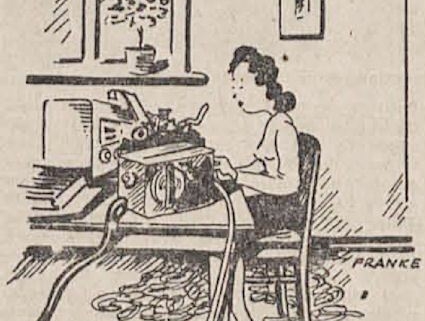
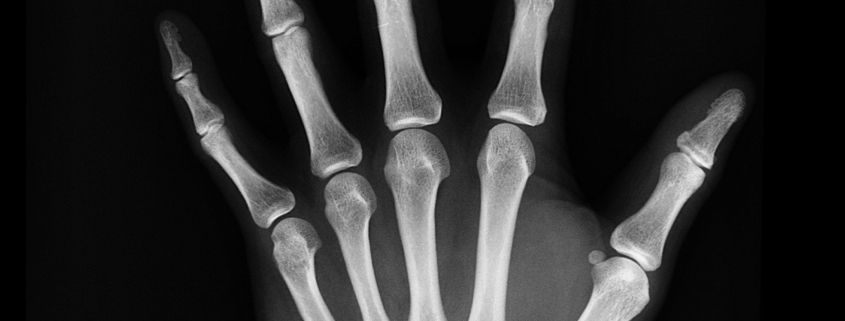

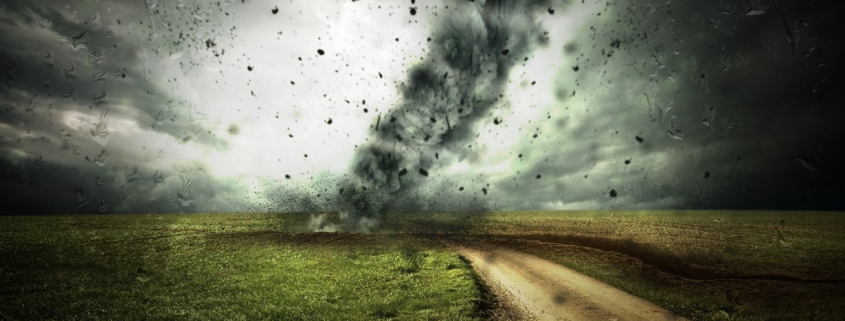

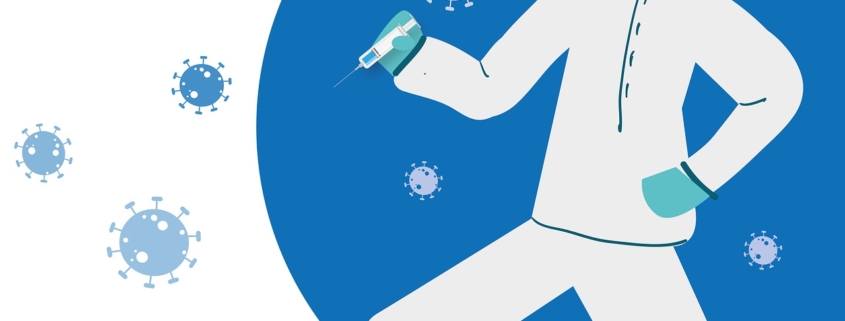
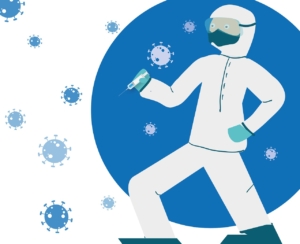 The English word boostern has just won a coveted prize, unexpectedly being chosen as Germany’s 2021
The English word boostern has just won a coveted prize, unexpectedly being chosen as Germany’s 2021 
